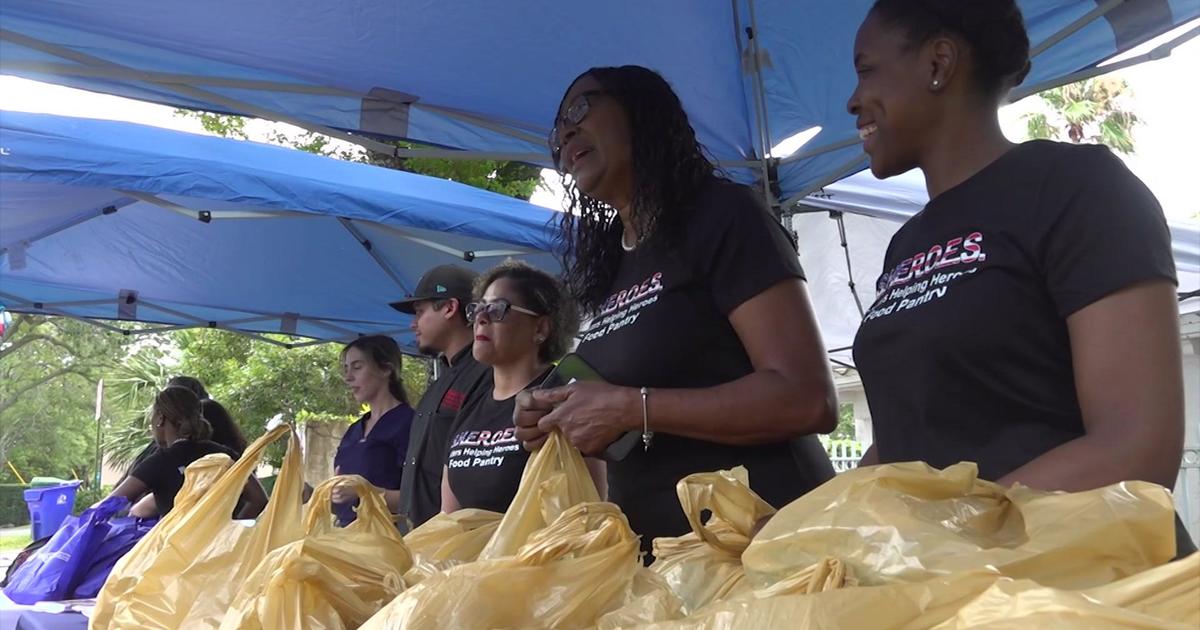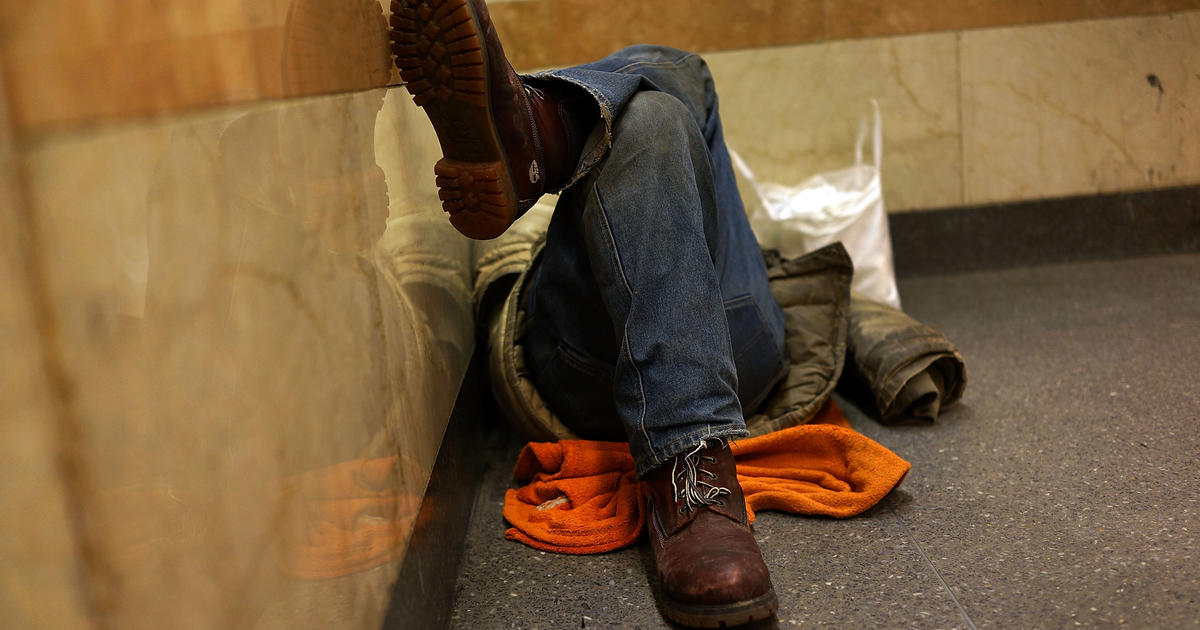Mental Health Professionals Advise Hybrid Approach When Returning to Work After Pandemic
SAN FRANCISCO (KPIX) -- It's been more than a year of masking up, sheltering in place and working from home. We've avoided public transportation, hugs and handshakes. We've been distant by design and now millions of workers are being called back.
"It's just eerie, you know, to see the city like this. I'm really looking forward to seeing people back here," said Dr. Jonathan Horowitz, clinical psychologist and founder of the San Francisco Stress and Anxiety Center, upon seeing his Market Street office for the first time since the start of the pandemic.
"It's been a banner year for stress and anxiety," Horowitz said.
He saw a boom in business because of COVID-19 and now he's seeing the stressors of returning to so-called "normal" show up in therapy sessions.
"There's this arc of the pandemic, where at the beginning it was all 'how do we take it offline? How do we move home? How do we deal with that?' and now it's 'how do we go in the other direction?'" Horowitz said.
"I saw a definite increase in people getting back on medication, increasing medication -- a lot of insomnia, a lot of panic attacks," said Jennifer Hymes, a licensed clinical social worker.
Hymes said this pandemic really exacerbated existing conditions and situations. Those who were lonely became more so, troubled relationships were tested further and strapped parents straddled work and childcare. People had to learn to draw lines. She's advising returning with a hybrid model, to take things slowly.
"I'm going to go back twice a week. I'm going to see how I like it and I've already had clients who have done that. Some love it and for some it really does feel weird," she said.
According to a survey by PwC, 75 percent of bosses expect to require their teams to physically come back to the office in some capacity by July. Most (68 percent) executives want people in the office at least three days a week whereas more than half of workers (55 percent) want to be remote at least three days a week.
"I do expect to be returning in some capacity pretty soon," said Sean Lama, an employee for Ubisoft.
Lama says he's looking forward to getting back to work with one exception. "My main concern is public transportation. Even before the pandemic I actually would catch colds all the time, I think from Caltrain, to be honest."
For others, triggers might be elevators, seeing crowded restaurants at lunchtime or maybe an empty chair at a desk nearby.
"People are having a range of experiences and they're going to be dealing with the emotional fallout of those experiences in different, and sometimes unpredictable ways," Horowitz said.
Doctors are also urging patients to hold onto some positive side effects of the pandemic like strict boundaries.
"When I log off from work I'm done. It's made a huge difference and it took being forced into one extreme where there was no separation to realize how important it was to have a separation," Lama said.
So if you're heading back to work, be compassionate to your coworkers. This trauma hit everyone differently. Many have simply survived and it might take time to remember how to go back to just living.
"I think this will stick with us forever, I don't think this is going away anytime soon, in terms of the scar that it's left on us psychologically," Hymes said.
This pandemic has taken a toll on mental health in particular. A poll by the Kaiser Family Foundation finds 41 percent of adults report having anxiety and/or depression right now. Pre-pandemic that number was 11 percent.



